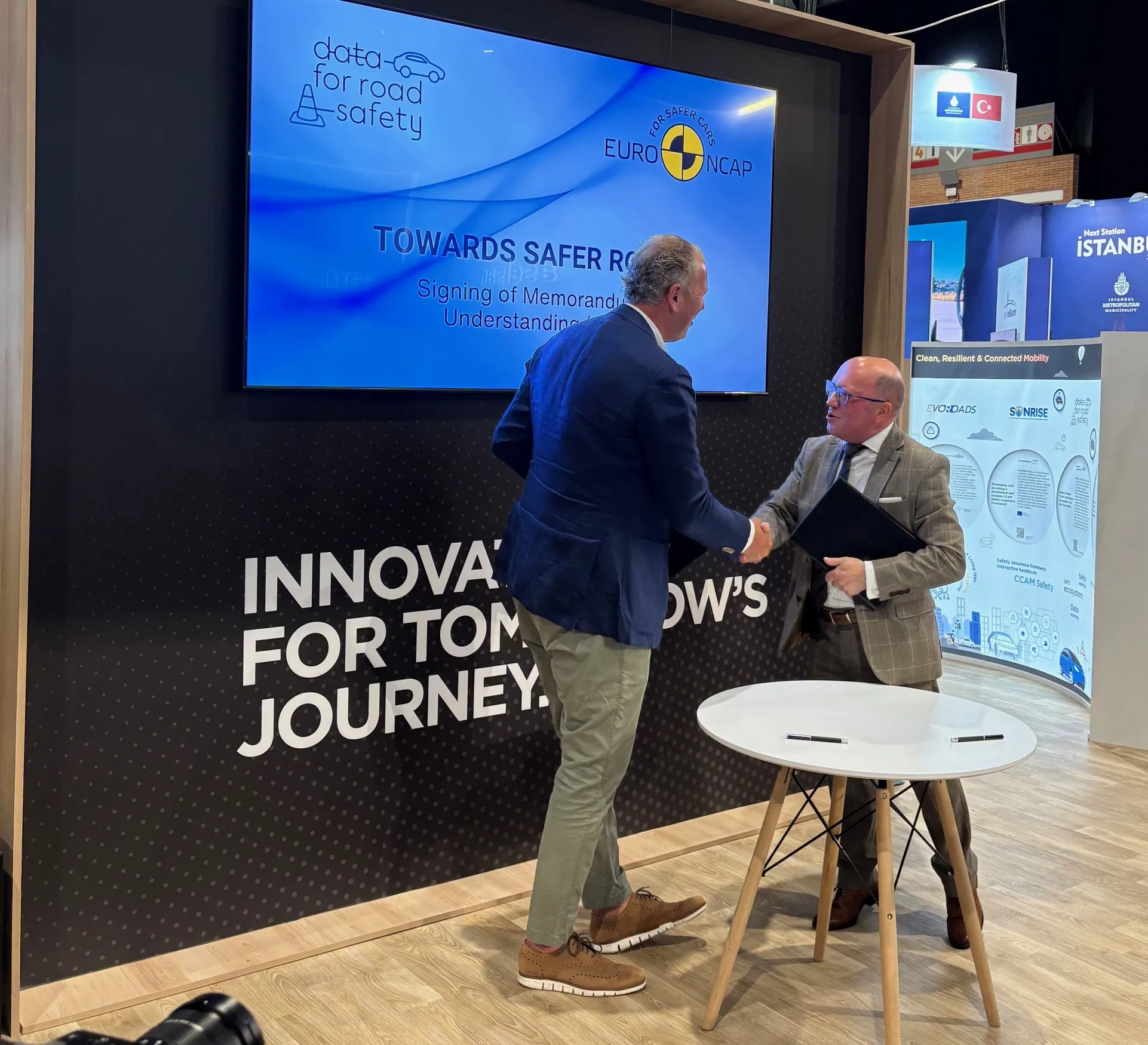Southwest Research Institute (SwRI) will launch a new cooperative research project focusing on safe, reliable, cost-effective energy storage systems for electric and hybrid-electric vehicle applications. The Energy Storage System Evaluation and Safety (EssEs) consortium is intended to help vehicle manufacturers and battery suppliers develop pre-competitive, detailed cell-level test data on electrochemical storage systems and perform research to advance testing methodologies to evaluate batteries. The four-y
May 21, 2012
Read time: 2 mins
Southwest Research Institute (588 SwRI) will launch a new cooperative research project focusing on safe, reliable, cost-effective energy storage systems for electric and hybrid-electric vehicle applications. The Energy Storage System Evaluation and Safety (EssEs) consortium is intended to help vehicle manufacturers and battery suppliers develop pre-competitive, detailed cell-level test data on electrochemical storage systems and perform research to advance testing methodologies to evaluate batteries. The four-year consortium, renewable annually, is designed to provide transparency in the automotive battery market to advance global development of energy storage systems. The initial EssEs meeting will be held May 24, 2011, at Southwest Research Institute.
“The information gathered through this consortium will be critical to the future of hybrid electric and plug-in hybrid electric vehicles, both in the United States and in the global market place,” said Dr. Bapiraju Surampudi, a principal engineer in SwRI’s Engine, Emissions and Vehicle Research Division who leads the newly formed consortium. Test data produced by the consortium will free up resources of original equipment manufacturers, allowing them to concentrate on product development rather than performing battery cell assessments.
“The information gathered through this consortium will be critical to the future of hybrid electric and plug-in hybrid electric vehicles, both in the United States and in the global market place,” said Dr. Bapiraju Surampudi, a principal engineer in SwRI’s Engine, Emissions and Vehicle Research Division who leads the newly formed consortium. Test data produced by the consortium will free up resources of original equipment manufacturers, allowing them to concentrate on product development rather than performing battery cell assessments.








